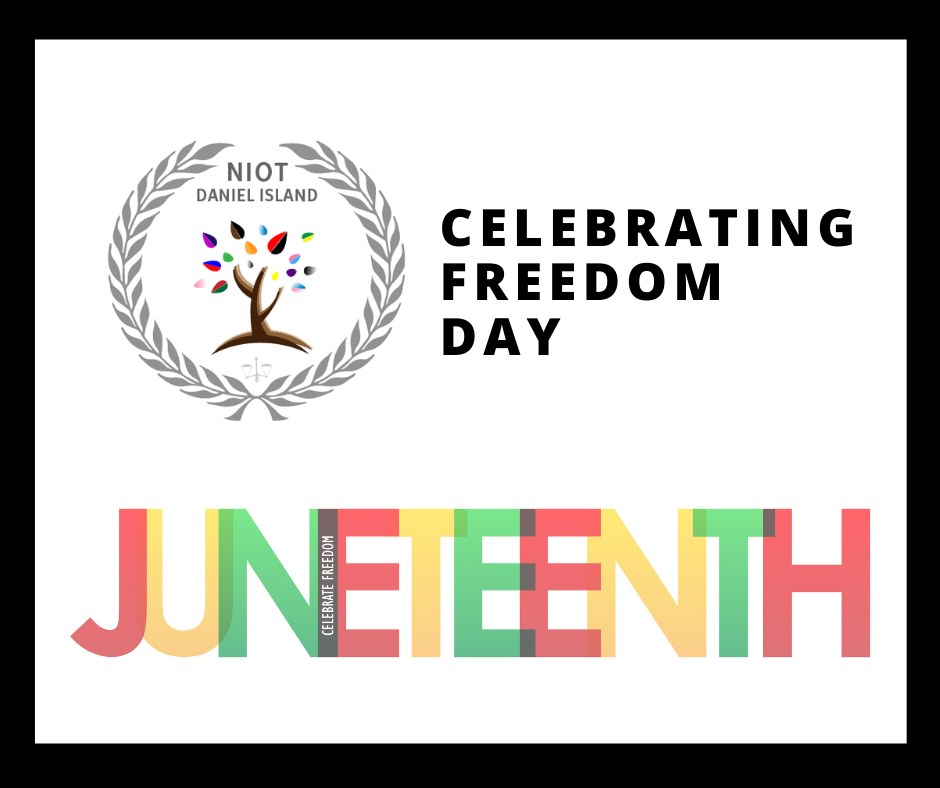
This past weekend we celebrated Juneteenth, with events across most major U.S. cities. It brings this author great pleasure to write about this holiday as it is now almost recognized by this country for what it should be – a national holiday. However, as in many instances when it comes to our history and present, there is a caveat.
History In The Making
This past week the Senate passed by an unanimous vote to make Juneteenth a national holiday. The bill went to the House of Representatives and passed. On Thursday, June 17, President Biden signed the bill, declaring Juneteenth a national holiday. Attorney and activist Gerald Griggs was quoted as saying, “As the descendants of slaves, it means a lot to finally recognize the true independence of melanated people in this country.” He believes the power of protesting, especially this past year, helped lead to this moment of change in legislation and policy. Forty-six states, as well as the District of Columbia, either have a state holiday or a ceremonial one. The declaration of Juneteenth as a national holiday is momentous.
About Juneteenth
On June 19, we commemorate the ending of slavery in America in 1865. On June 18, 1865, slaves in Galveston, Texas were told they were emancipated and were free. This was two years after Abraham Lincoln abolished slavery and signed the Emancipation Proclamation. Juneteenth became a historical day for Black Americans. The original observances included prayer meetings and the singing of spirituals. Historically, celebrants wore new clothes as a way of representing their freedom. Today, the celebrations include family gatherings, speeches, festivals with music and food, as well as religious services. This year, many communities hosted pop up COVID-19 vaccination clinics.
Critical Race Theory
A key element in declaring Juneteenth a national holiday is understanding the importance of critical race theory. Yet, it is disappointing to know teachers in certain states can be fined if incorporating slavery into their curriculum. At least six states have introduced bills that aim to place limitations on lessons about race and inequality being taught in American schools.
Critical race theory by definition, despite conflicting narratives, is an academic discipline that seeks to understand how racism and discrimination have shaped U.S. laws and how those laws have continued to impact the lives of non-white people and even other marginalized groups. Remember, slavery was perfectly legal and constitutionally protected. Law has played a role in our history. Critical race theory is a study based on the concepts of systemic and institutional racism.
It is fundamentally important to understand that as Americans these policies have impacted our systems, culture, and our diverse lifestyles. In support of not just our fellow Black Americans but all Americans, we must take the responsibility to conduct effective research on critical race theory. It is crucial we learn our own history through a perspective that enables us to be more empathetic to BIPOC and non-gender conforming Americans rather than becoming more divisive on racial and discrimination issues.
Celebrate Through Education
We are proud to move forward by celebrating Juneteenth as Americans. However, let us remember we still have a lot more work to do throughout the year. Whether you will have an additional day off from work or not, take the time to educate yourselves on the multitude of other things that need to be done – the For the People Act to protect our voting rights, the George Floyd Justice and Policing Act or get an anti-lynching bill passed.
More importantly, think critically of how you will tell your children and students about the importance of celebrating Juneteenth as an American.